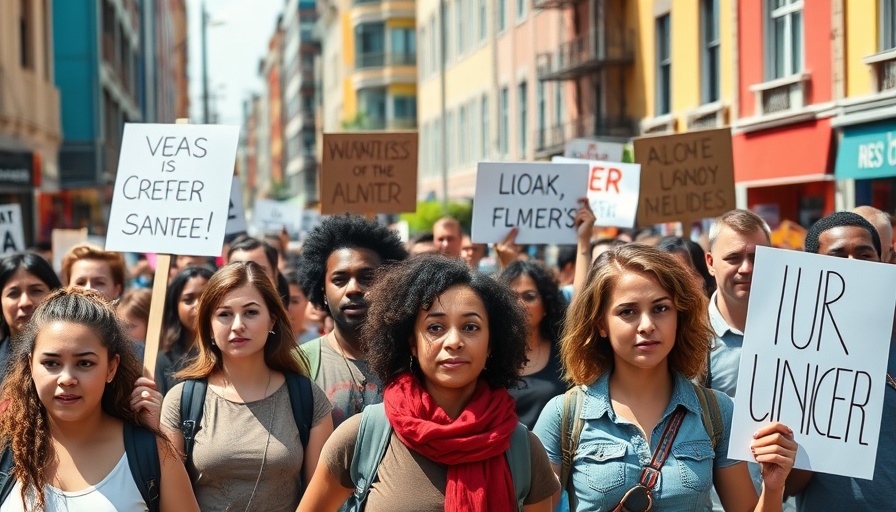
The Impact of Ending Temporary Protected Status
In a major policy shift, the Trump administration has announced the end of Temporary Protected Status (TPS) for approximately 80,000 Hondurans and Nicaraguans, leaving many in San Francisco facing uncertainty and fear for their future in the United States. This decision, described by community leaders as "cruel and unjust," has left many who have been living legally in the U.S. since 1999 grappling with what this means for their lives and livelihoods.
Understanding the Context of TPS
TPS was initially established in 1998 following Hurricane Mitch, which devastated Central America, especially Honduras and Nicaragua. The program allowed individuals from affected countries to live and work in the U.S. legally due to unsafe living conditions at home. Since then, TPS holders have formed deep roots in American society, building families and businesses while contributing to their communities.
The Local Reaction: Fear and Frustration
Local reactions from affected communities encapsulate a profound sense of loss and confusion. Lariza Duran-Cuadra, director of the Central American Resource Center in Northern California, emphasized the devastation of the news, highlighting that many individuals have established stable lives over the past two decades. "Can you imagine? So many people have built their lives in this country," she said. The effects ripple beyond individuals; entire families and local businesses rely on these TPS holders.
Coping with Uncertainty: Legal Challenges Ahead
Legal experts, including Jennifer Friedman from the San Francisco Public Defender's Office, anticipate that this abrupt termination will prompt legal challenges akin to those encountered during the end of TPS for other nations. The window of just 60 days for affected individuals to seek alternative solutions raises significant concerns about their ability to secure legal counsel and navigate the complexities of immigration law.
Parallel Experiences: Global Context of TPS
The experience of Hondurans and Nicaraguans is emblematic of a broader global issue surrounding immigration and temporary protections. TPS has served many communities from countries affected by wars, epidemics, or other crises, including recent designations for Afghanistan and Ukraine. This policy shift for Central Americans serves to remind us of the precarious nature of immigration status in the face of political change.
What the Future Holds for Affected Families
Families caught in this turmoil are now faced with tough choices. For many, returning to their home countries is not an option due to ongoing instability and danger. Instead, they may find themselves in a state of limbo, unsure of their next steps. Community organizations are vital for providing support and guidance, emphasizing the importance of legal consultation and other avenues of relief.
The Broader Implications for San Francisco
The San Francisco Bay Area, known for its diversity, is home to many individuals affected by this decision. The loss of TPS paints a worrying picture for local businesses that depend on these workers and contributes to the ongoing narrative of public safety and community stability. Local officials and community leaders must act swiftly to mitigate the impact on families and uphold the values that define the city's cultural fabric.
In Conclusion: A Call to Action
As local communities rally in response to this issue, it becomes crucial to advocate for just immigration policies that recognize the contributions of TPS holders. In this challenging moment, it’s essential for community members to come together, support one another, and push for legislative solutions that ensure inclusivity and protection for all immigrants. Be informed, be engaged, and consider how you can help advocate for those impacted by the termination of TPS.
 Add Row
Add Row  Add
Add 




 Add Row
Add Row  Add
Add 

Write A Comment